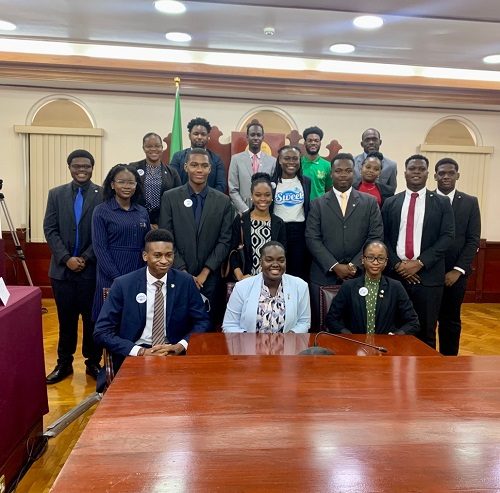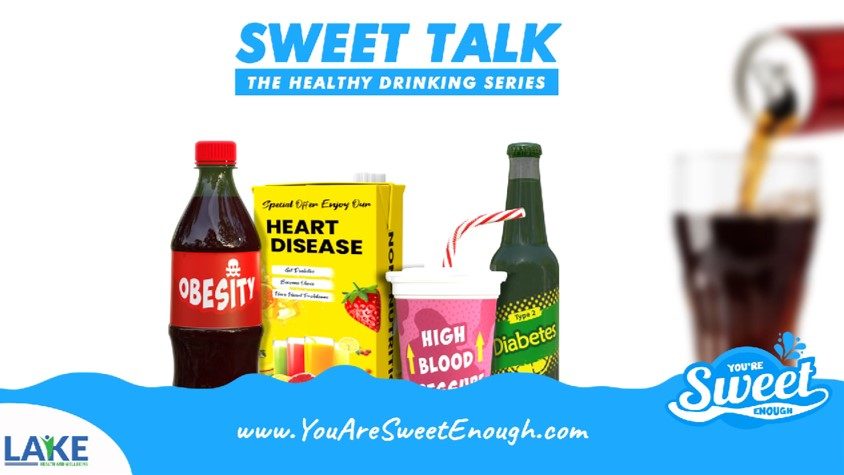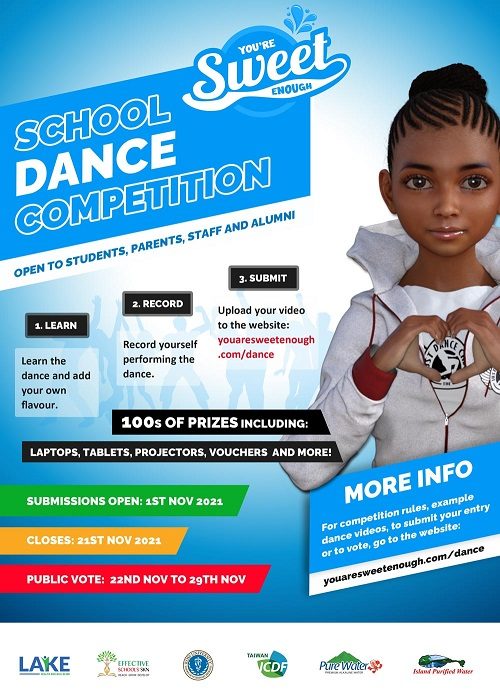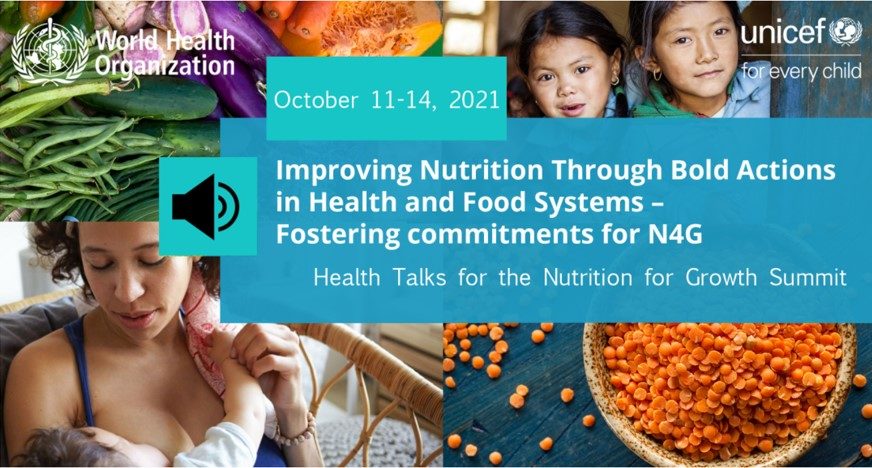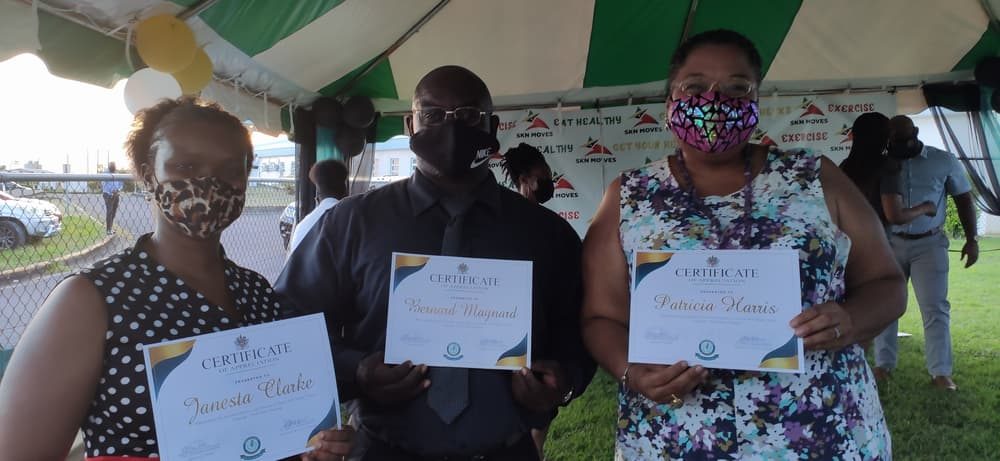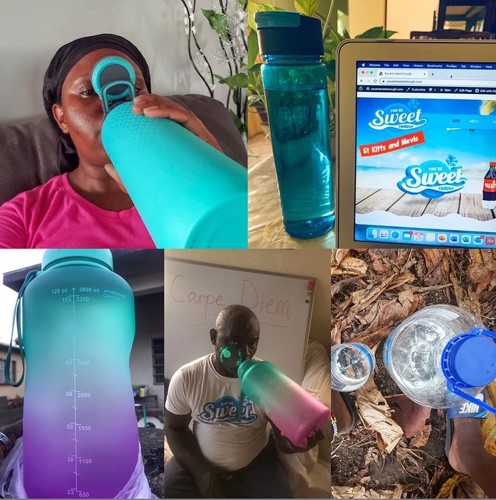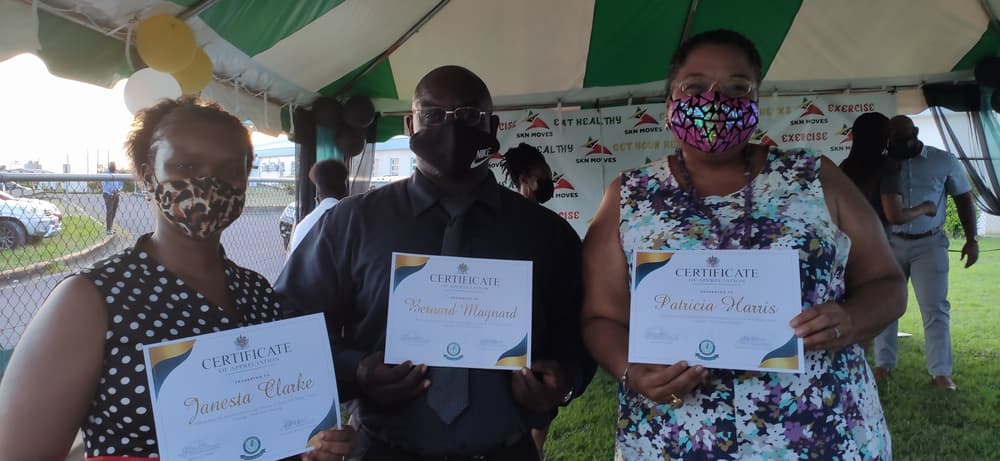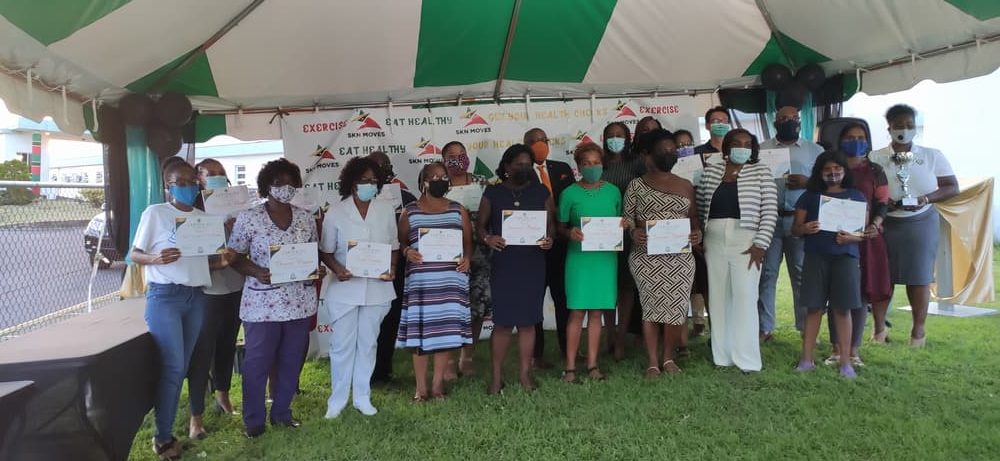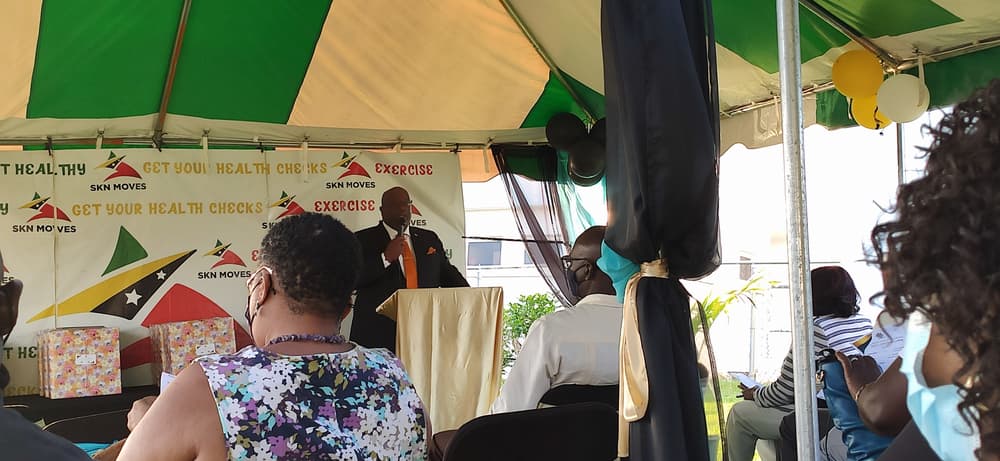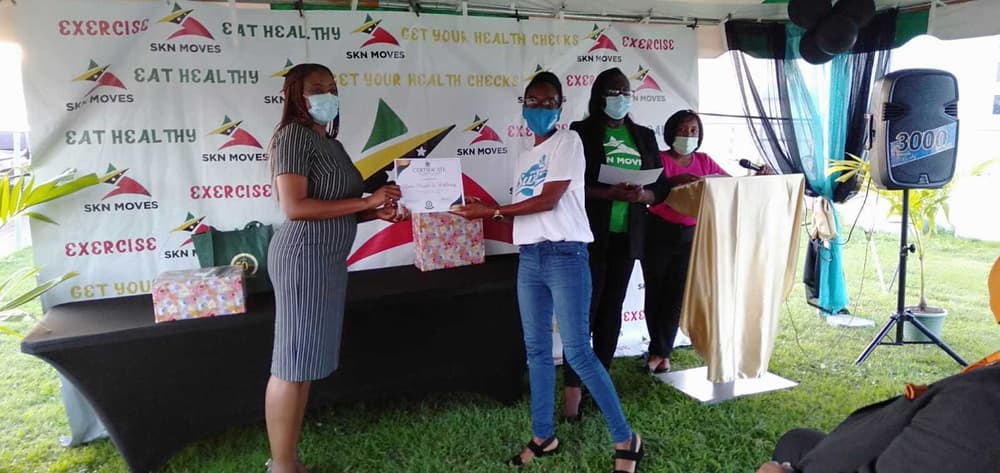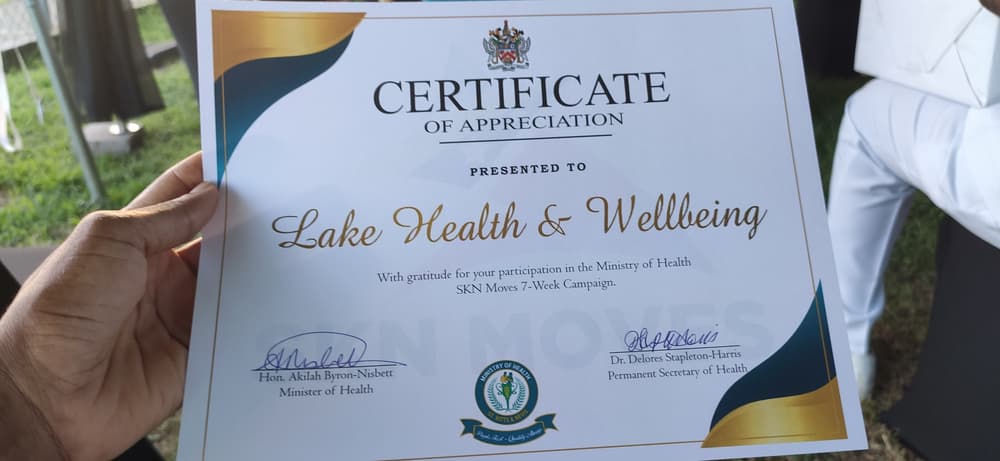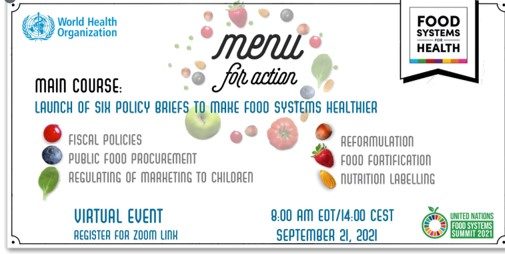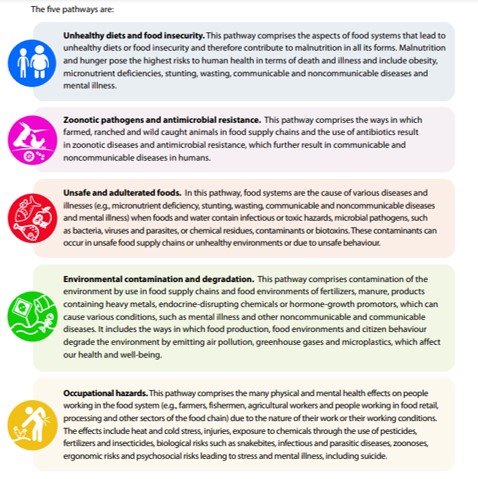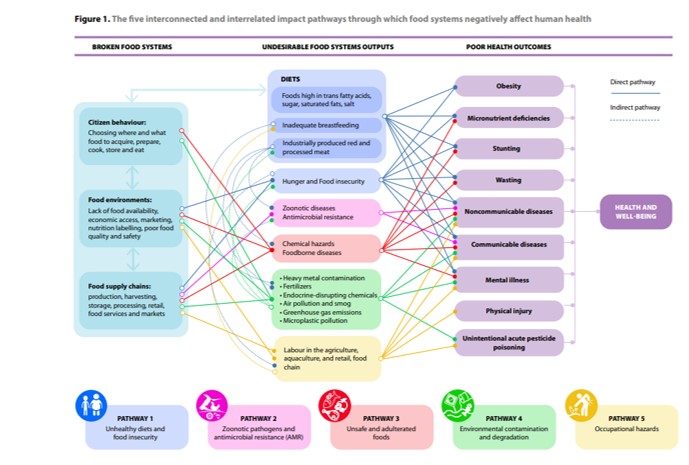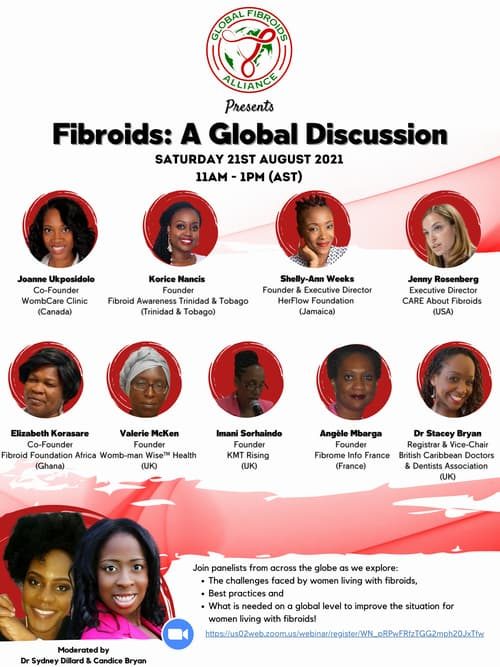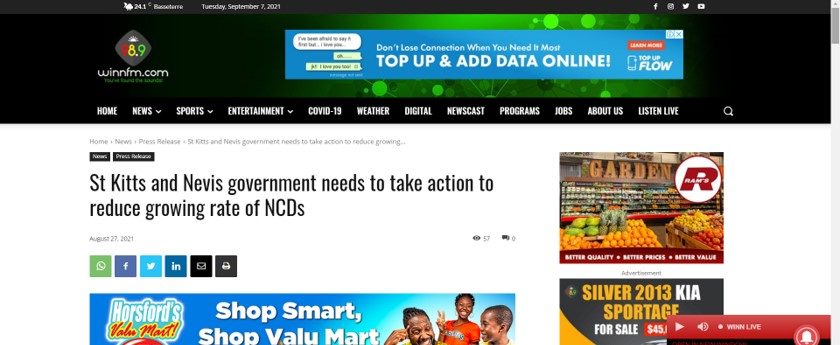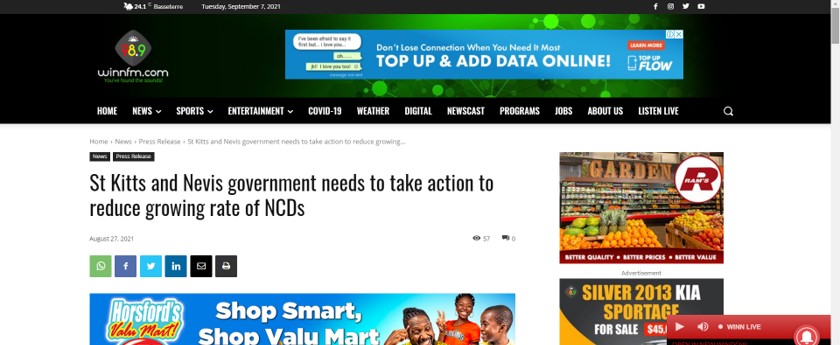Youth Parliament Debates SSB Policy
On November 29, 2021 as part of the annual mock parliament sitting, the St. Kitts National Youth Parliament Association (SKNYPA) debated a resolution to adopt a national sugar-sweetened beverage policy. The debate took place in parliament chambers and followed formal protocols of government business according to the standing orders of the National Assembly.
The resolution to adopt a national SSB Policy was tabled by the government benches and spoke to the following initiatives:
- Implementing a 30% excise Sugary Beverage Tax (SBT) on all non-alcoholic SSBs;
- Conducting multi-sectoral research studies to assess the impact of the SBT on sales and consumption of SSBs;
- Restricting the sale and advertising of all SSBs at hospitals, health centres and school cafeterias and canteens;
- Creating healthy schools zones by prohibiting the sale of SSBs within a designated radius of school premises;
- Launching public awareness campaigns to sensitize communities, and
- Allocating portions of the earned tax revenue to create, support and develop nutrition and physical activity-related programs.
While members of the opposition commended the objective of the resolution as an effort to combat NCDs and address rising rates of obesity among children and youth, debaters presented arguments for improving the policy, noting that approaches to implementation must be holistic. The opposition spoke to the interests of industry with special considerations for micro-business vendors, who ought to be consulted and engaged in the process of change to provide and sell healthier beverage alternatives.
The debate between sides was lively and concluded with the resolution being passed with a simple majority. To view the debate and hear the arguments presented, check out the video below.







